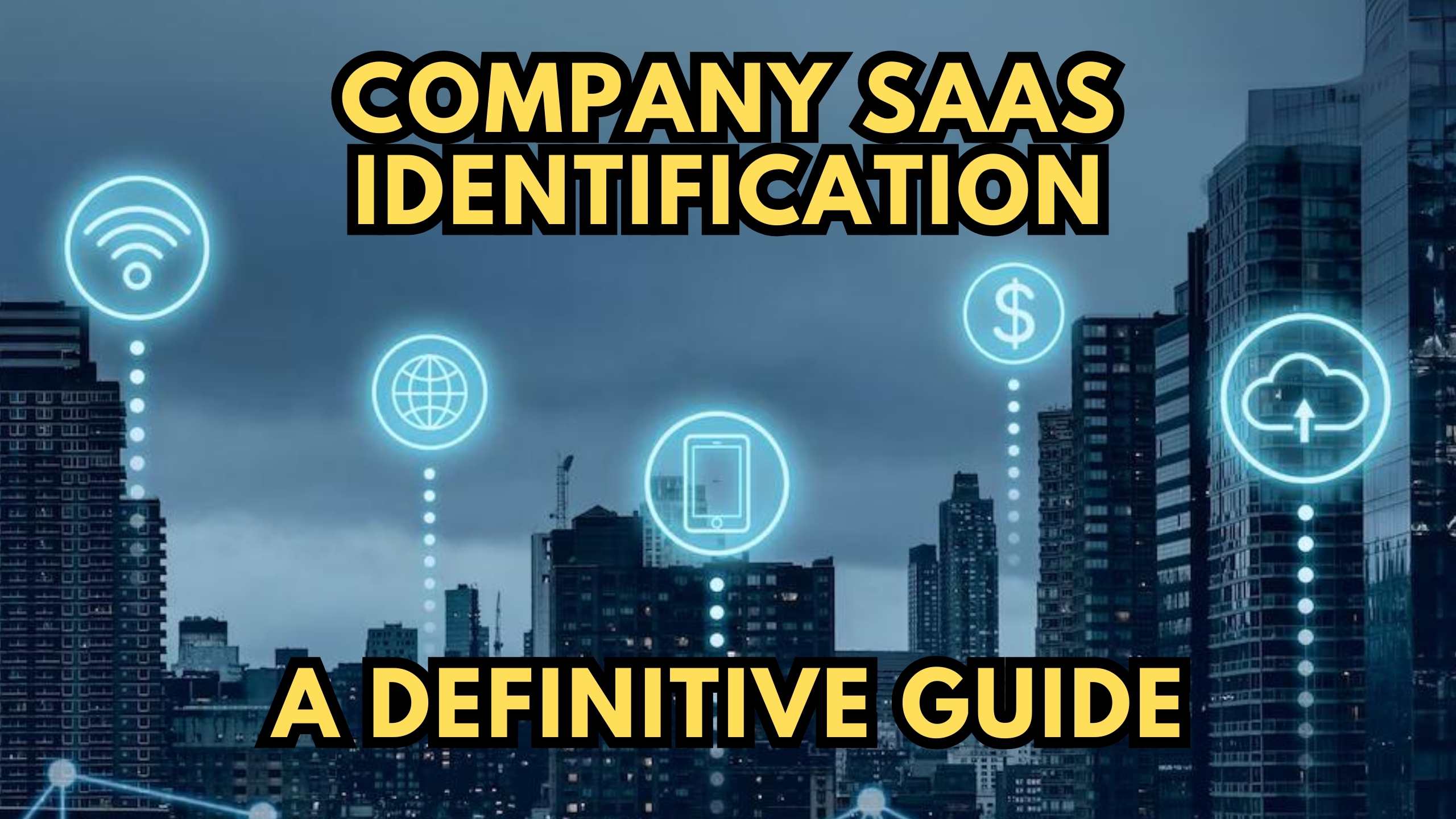Company SaaS Identification: A Definitive Guide
- Expense Management Software Credit Cards Investing Business Solutions


Company SaaS Identification: A Definitive Guide
Understanding whether a company operates on a Software as a Service (SaaS) model is essential in today’s tech-driven business landscape. In this comprehensive guide, we delve into the key indicators that help you identify if a company is leveraging SaaS solutions. From business models to technological infrastructure, we provide insights to equip you with the knowledge needed to make informed assessments.
Decoding SaaS Business Models
Subscription-Based Services: One of the most prominent signs of a SaaS company is its subscription-based revenue model. SaaS businesses offer their services through subscription plans, ensuring a steady and predictable income stream. Imagine a scenario where a company charges its customers a monthly or annual fee for access to their software—this is a strong indicator of a SaaS business model.
Cloud-Based Infrastructure: SaaS companies leverage cloud computing to deliver their services over the internet. Cloud-based infrastructure enables accessibility from anywhere, seamless updates, and scalable solutions. Consider a company that hosts its applications on cloud servers, allowing users to access the software without the need for extensive installations or downloads—this aligns with the typical characteristics of SaaS.
Regular Software Updates: SaaS products often come with frequent updates and improvements rolled out automatically. Companies that prioritize continuous enhancements and provide users with the latest features are likely operating on a SaaS model. Envision a scenario where a company consistently releases updates to improve functionality, security, and user experience—this adherence to ongoing improvement is a hallmark of SaaS.
Relevant SaaS Products for Identification
While exploring how to identify SaaS companies, it’s crucial to highlight key players in the SaaS landscape that exemplify the discussed indicators:
- Salesforce: Salesforce is renowned for its subscription-based customer relationship management (CRM) platform. Its cloud-based services and regular updates make it a quintessential example of a SaaS company, catering to businesses of all sizes.
- Microsoft 365: Formerly known as Office 365, Microsoft 365 provides a suite of cloud-based productivity tools. Its subscription model, coupled with continuous software updates, exemplifies the characteristics of a SaaS product.
- Zoom: Zoom, a video conferencing platform, operates on a subscription basis and relies on cloud infrastructure. Its rapid updates and widespread accessibility showcase the agility typical of SaaS solutions.
- HubSpot: HubSpot, offering inbound marketing and sales software, utilizes a SaaS subscription model. Its cloud-based services empower businesses to attract, engage, and delight customers seamlessly.
- Slack: As a team collaboration tool, Slack operates on a subscription-based model and thrives on cloud technology. Its regular feature updates reflect the iterative approach common in SaaS development.
Conclusion: Empowering Your SaaS Knowledge
Identifying a company’s use of SaaS is vital for businesses and professionals navigating the digital landscape. By recognizing subscription-based models, cloud infrastructure, and regular updates, you gain a sharper perspective on the SaaS landscape. As you explore the dynamic world of software solutions, equip yourself with the knowledge to distinguish SaaS companies and harness the benefits they offer.
Ready to Dive into the SaaS World?
Unlock exclusive deals on top SaaS tools with Subscribed.fyi. Sign up today to access secret deals, manage your subscriptions seamlessly, and gain insights into a wide range of SaaS tools to enhance your business operations.
Relevant Links:








